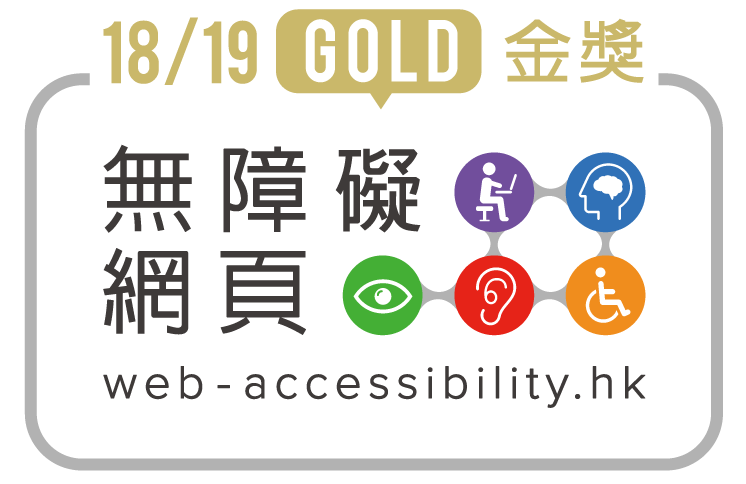
The Chinese University of Hong Kong Library maintains a precious collection of more than twenty Daoist texts of the Qing Dynasty. Originated from the Daoist abbeys in Luofu Mount in Guangdong, some of the textures arrived in Hong Kong from Daoist temples in Guangdong and nearby areas probably after the Republican period. The collectors donated the scriptures to Chung Chi College Elisabeth Luce Moore Library in the 50s of the last century.
This collection of Qing Daoist texts will contribute to the study of history of Daoism in the Qing Dynasty. Daoist scholars rarely examine the history of Qing Daoism mainly due to the deficiency of primary sources. Some researchers even mistakenly conclude that the period from Qing to the Republic is the time of declination of Daoism. As it is known, although each of the major empire compiled the Daoist Canon, there is no such project from the Qing dynasty to the 20th century after the publication of Daoist Scriptures of the Great Ming (Da Ming Daozang Jing) under the reign of Ming Yingzong and the Scriptures in Supplement to the Daoist Canon of The Great Ming (Da Ming Xu Daozang Jing) in the 35th Wanli year of the late Ming.
The Chinese University of Hong Kong Library holds several precious editions of Qing Dynasty Daoist texts of the Qing Dynasty. For example, the Xingming Shuangxiu Wanshen Guizhi (Qing woodblock print based on the version of "Yi Shan Fang" in the 9th year of the Kangxi period); Lüzu Quanshu (Qing woodblock print of 32 volumes of the 30th year of Daoguang); Lüzu Shanding Quanshu (Jiaqing woodblock print of 12 volumes based on the version of "Yi Hai Tang"); Dingpi Jindan Zhenchuan (25th year of Jiaqing); Zhang Sanfeng Quanji (Qing woodblock print based on the version of "Kong Qing Dong Tian" in the 24th year of the Daoguang period); Gu Shuyinlou Cangshu (Qing woodblock print based on the version of "Jin’gai Shan Chunyang Gong" in the 30th year of the Guangxu); Chongkan Daozang Jiyao (Qing woodblock print based on the version of "Er Xian’an" in the 32th year of the Guangxu period), and so on.
The above-mentioned Daoist scriptures stored in the Chinese University of Hong Kong Library provide significant information regarding the thoughts and practices on internal Alchemy (neidan), as well as the cult of Lüzu and the spirit-writing altars under his name. Such altars include Han San Gong in Hubei, Juyuan Tan in Beijing, Xingji Tang in Xinjiang, Liuyun Shanguan in Chongqing and Yunquan Xianguan in Nanhai. The main characteristic of religious practices in these Altars is that they were commonly under the name of Lüzu, and the texts created there were mainly collected, edited, published and spread by lay literati instead of Daoist clerics in the traditional temples.
With the purpose of increasing the academic value of this collection of Daoist texts, the Chinese University of Hong Kong Library establishes the special collection named as Daoist Texts Collection. Latest computer technology has been applied to the digitisation of the materials so that the audience can access on line conveniently and comprehensively. I sincerely have confidence in the Daoist Texts Collection to carry forward the studies and learnings of the remarkable traditions and wisdom of the Chinese culture.
By Professor LAI Chi Tim
Professor, Dept. of Cultural and Religious Studies
Director, Centre for Studies of Daoist Culture
Associate Director, Institute of Chinese Studies

